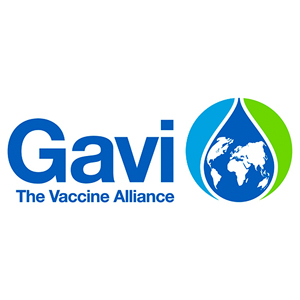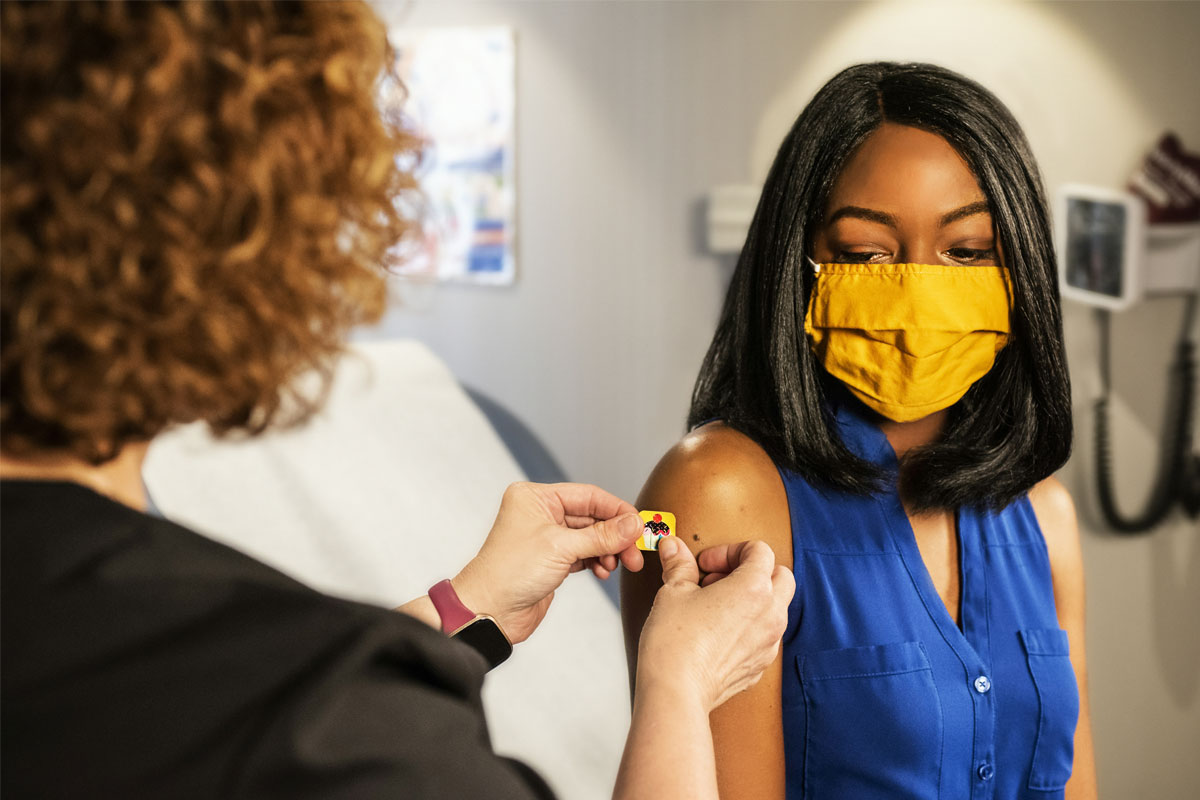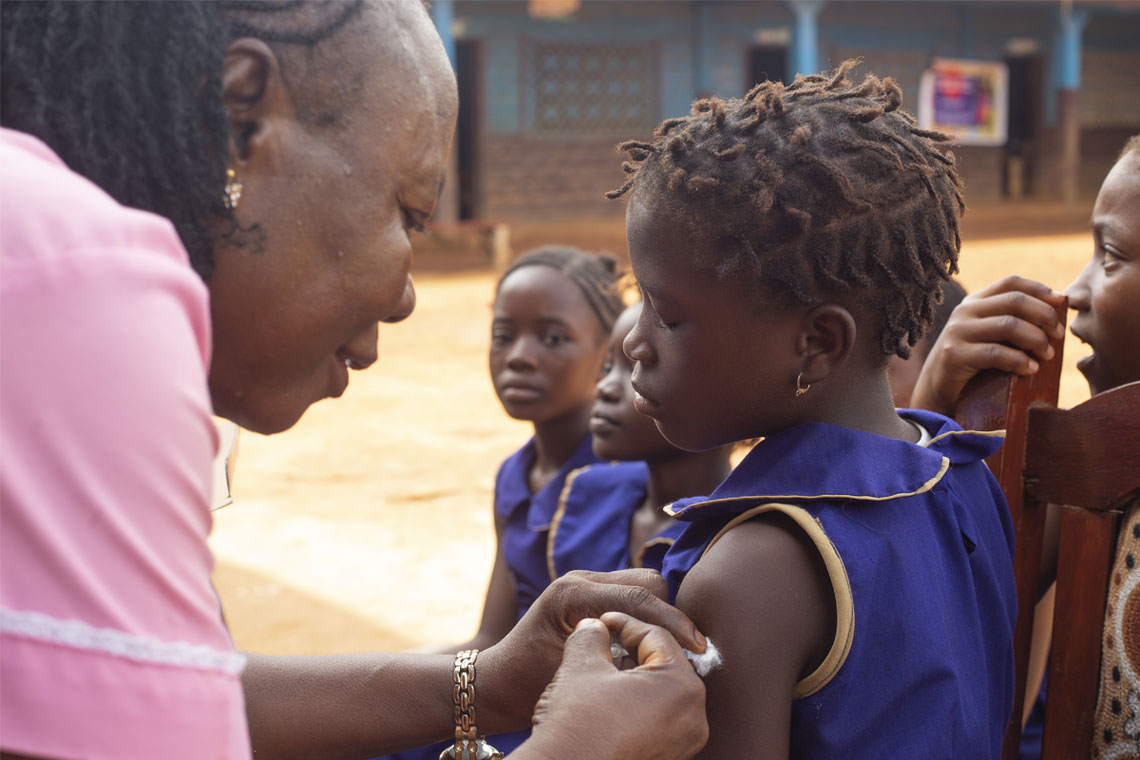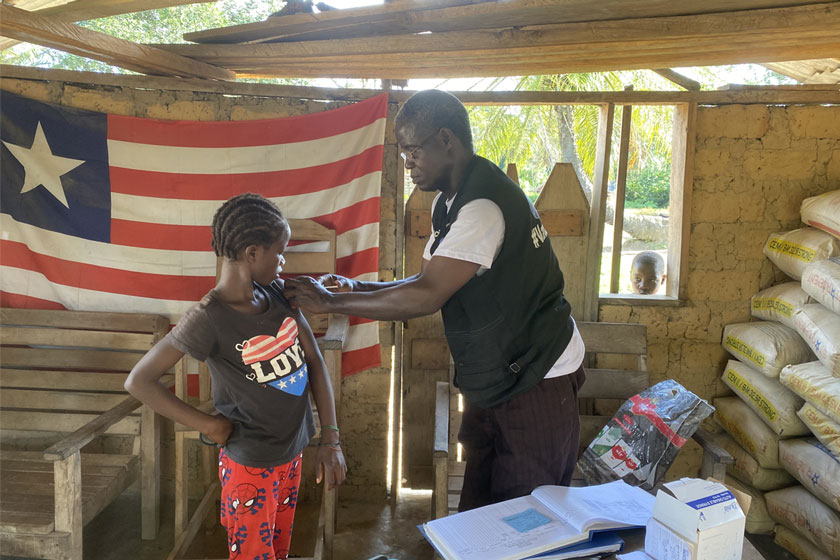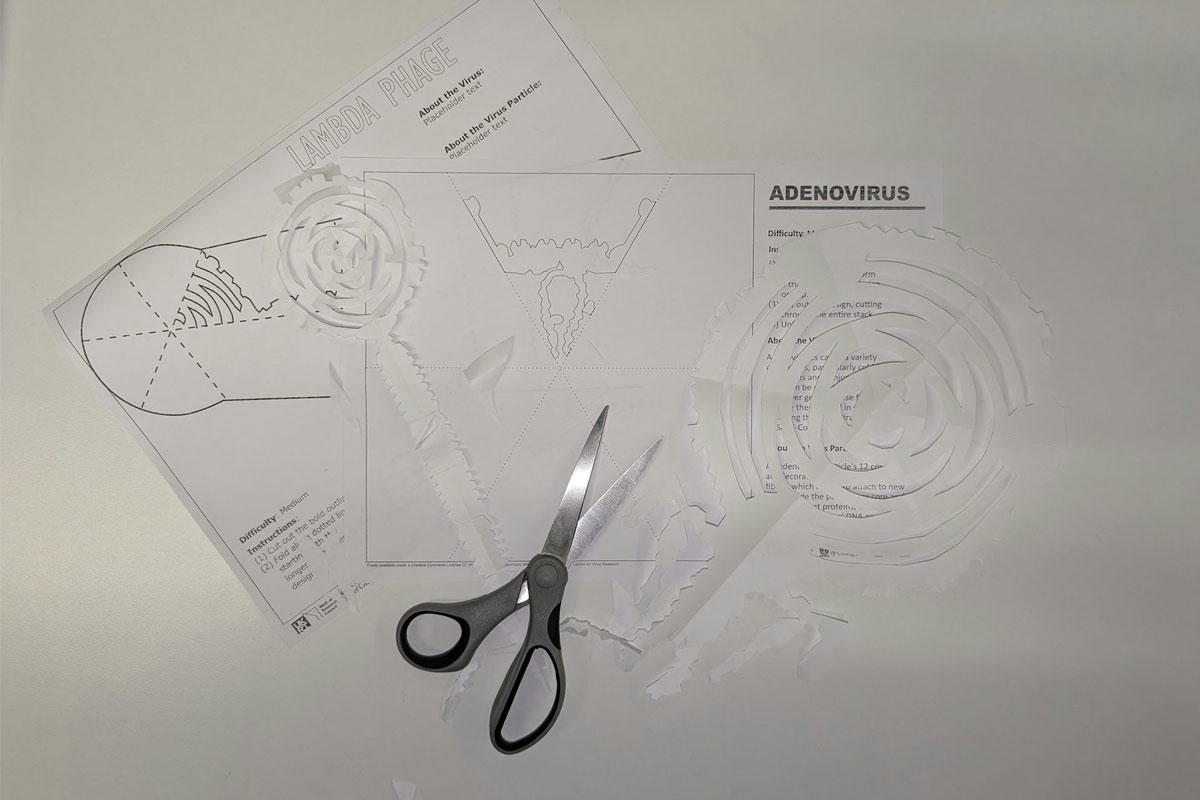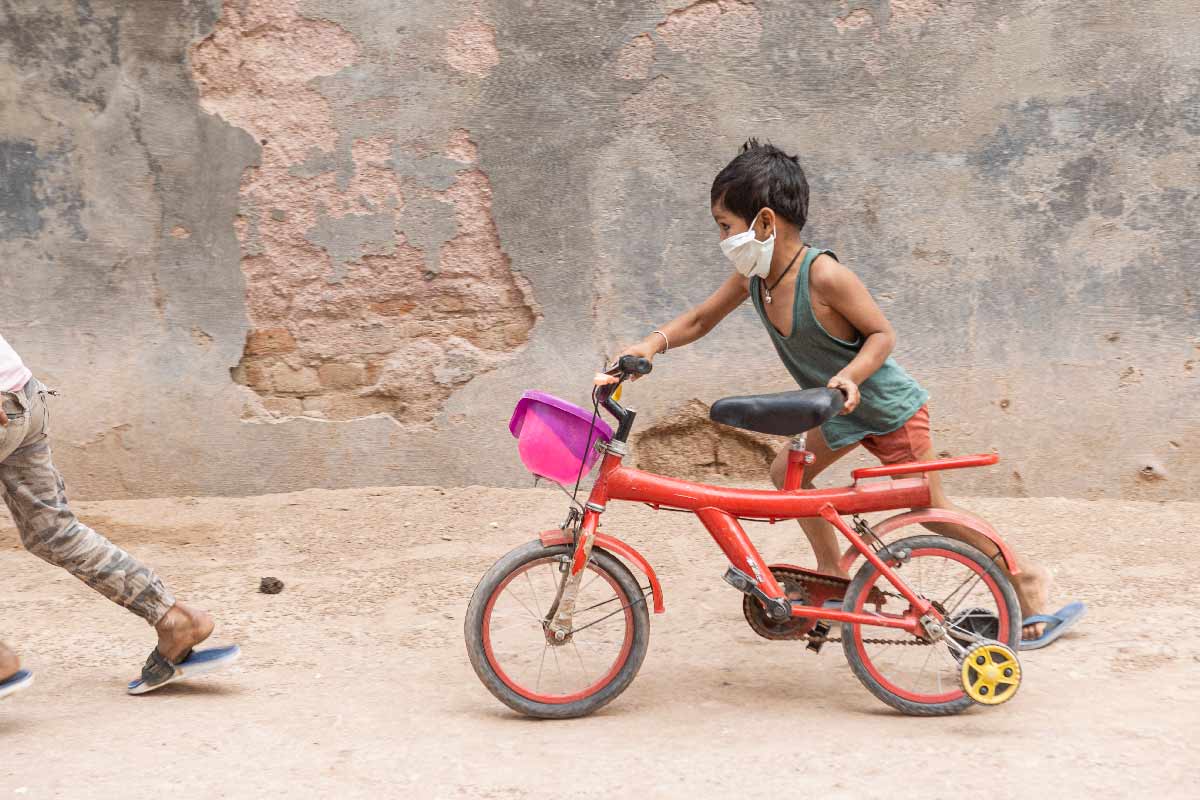Communications and advocacy form the bedrock of reaching children with vaccines in Bangladesh
Leilia Dore, World Health Organization
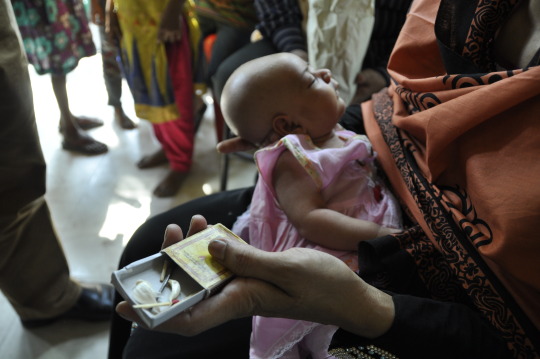
A mother in Bangladesh explains to me that bringing her child for vaccinations is one of the most important things she can do to protect her child. © WHO
I met Rehana at the vaccination clinic in Bank Colony slum, Dhaka, where she had brought 15-day- old Taslima. She showed me a matchbox containing protective charms she carries to keep her baby safe. For Rehana, vaccines are another trusted tradition to ensure Taslima grows up healthy.
In March, Bangladesh introduced the inactivated polio vaccine (IPV) and the pneumococcal conjugate vaccine (PCV) into its routine immunisation system, thanks to support from the Global Polio Eradication Initiative (GPEI) partners, including Gavi, UNICEF and WHO. I was visiting Dhaka to understand the process behind a dual vaccine introduction and found a country with important lessons to share on the rewards that can be reaped when building trust in vaccines is made a priority – such as over 90% coverage by two years of age.
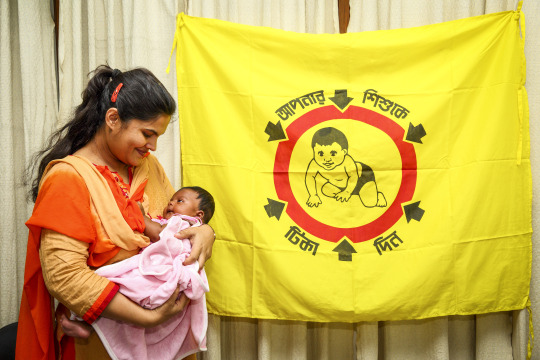
One of the first babies to be vaccinated with IPV at the launch at Shishu Hospital, Dhaka, on 21 March. © Gavi
Personal duty
The remarkable engagement in routine immunisation that I witnessed in Bangladesh goes back to the 1990s. For polio national immunisation days, Rotary Club members held festivals with music, balloons and even elephants to ensure people attended the campaigns; the Ministry of Health, WHO, UNICEF and civil society organisations worked to make sure that when they came, the services were of good quality and easy to access.
By 2000, this collaboration had stopped polio in Bangladesh. The lessons learned were then incorporated into the broader routine immunisation system.
Dr Abdur Rahim, Programme Manager of the Extended Programme on Immunisation (EPI), told me that this system’s unique success lies in it being ‘of the people, by the people, for the people’, with politicians, health workers and parents all feeling a personal duty to reach every child.
Training

Dr Luna Unnekamrun plays an essential role in communicating the importance of vaccination to parents at the Bank Colony slum clinic in Dhaka. © Gavi
This personal commitment is most evident at health clinics. I met Dr Luna Unnekamrun as she vaccinated children and gave advice to parents in the Bank Colony slum.
For the dual introduction, Luna has attended two training days on IPV, PCV and the wider EPI system. She told me she now feels well prepared to answer any questions parents may have about the new vaccines. This is the power of good training for those on the frontline – empowering health workers to communicate clearly to those whose health depends on the answers.
Targeted solutions
Urban areas currently pose the biggest challenges to the routine immunisation system in Bangladesh, as large numbers of people move into growing slums, straining health and sanitation systems.
And yet Luna told me that parents were already asking for the new vaccines, which will be introduced once all 1100 health workers from her part of the city have been trained. Health workers – who go door-to-door to tell parents about the importance of vaccinations – and paediatricians across the country are trusted sources of information, and help generate demand for vaccines.
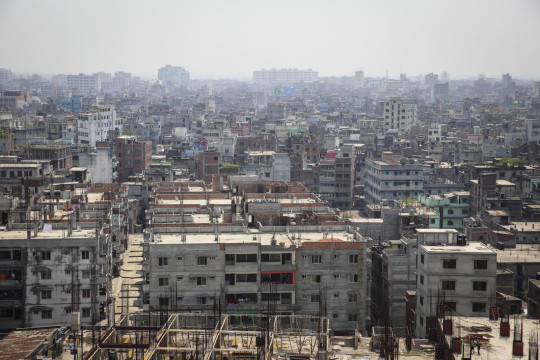
Urban areas currently pose the biggest challenges to the immunisation system in Bangladesh. © Gavi
I attended the launch of a tele-drama, Altur Cycle Jattra, which addresses the importance of vaccinating children through entertainment rather than health facilities. It is novel approaches like this that have made Bangladesh’s immunisation system one of the flagship programmes in South Asia, going the extra mile to ensure that messages reach every family.
The sense of ownership at all levels of the immunisation system in Bangladesh has its roots in a shared history of strong communications, engagement and trust. Mothers like Rehana know where to look for answers, and health workers like Luna are equipped to give them.
In Bangladesh, everyone is an advocate for immunisation; and as a result, immunity grows ever stronger.
For more, see www.polioeradication.org
